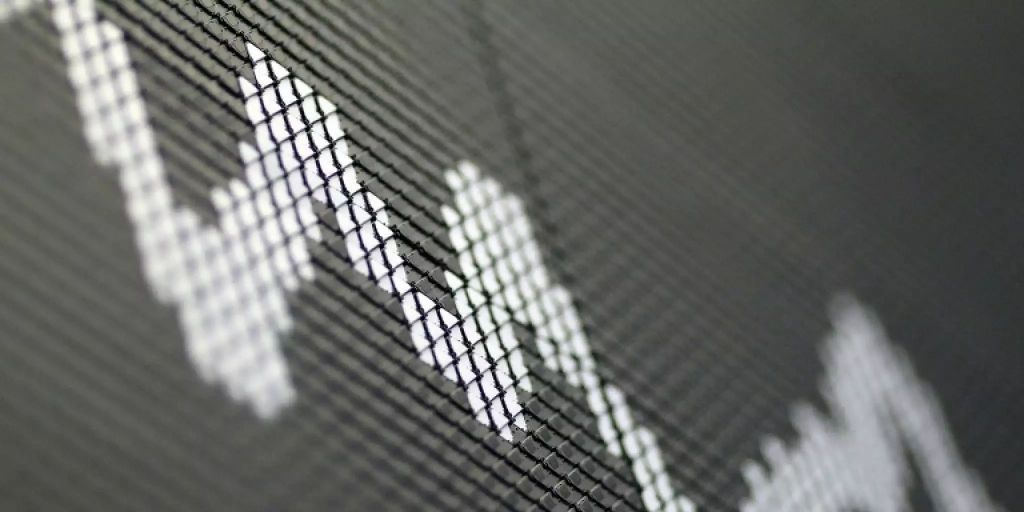Corona restrictions are gradually being relaxed, demand is rising – just like the mood in leading German companies: Since the beginning of the year, 234 of the total of 309 listed companies on the Prime Standard have raised their profit or sales expectations, as the management consultancy EY said on Wednesday .
the essentials in brief
- However, experts warn of persistent risks.
However, in view of the failure-prone supply chains, raw material shortages and the unclear development of the pandemic, the experts also warned against exaggerated optimism.
The number of positive corrections in the current year is a record: in the first eight months there were already more than in any full year since the survey began in 2011. Compared to the same period in the previous year, the number of these reports rose by 179 percent, the number of sales and profit warnings , i.e. the negative corrections, fell by 83 percent at the same time.
After corporate profits collapsed in 2020, in some cases dramatically, the opposite development can now be observed, explained EY expert Milan Knarse. “The economy is recovering much faster than expected, with some companies just reporting record profits.”
Accordingly, there were particularly many positive corrections in the chemical industry and energy suppliers: 85 percent of the chemical companies analyzed and eight out of ten energy suppliers corrected their forecast upwards in the first half of the year. In industrial companies it was 69 percent, in the automotive sector 56 percent. For real estate companies and financial service providers, there were slightly fewer upward forecast revisions, at 25 and 36 percent respectively.
Despite the flood of positive reports, Knarse warned against being too optimistic. The number of risks has by no means decreased. “The supply chains are still fragile, the supply situation for raw materials, but also for various parts from suppliers, is sometimes very tense,” he explained. It is not yet foreseeable how the pandemic will develop and thus also the situation in important sales markets and growth engines such as China. Renewed lockdowns and border closings could have negative consequences, especially for export-oriented economies such as the German one.
According to the EY experts, the high number of positive corrections raises another question: the reliability of company forecasts. Too many corrections up or down could damage investor confidence. The experts warned that reliability and transparency are particularly important in turbulent economic times.
Both positive and negative forecasts had a significant impact on the share prices of the respective companies. On the day of a positive correction, the company’s share prices rose by an average of three percent, and within a week by as much as 4.3 percent. In the event of a profit warning, on the other hand, the price fell by an average of 3.3 percent on the same day, with a weekly average of 4.3 percent.
The consequences of the pandemic not only caused turbulence in the profit and sales forecasts of companies and on the stock markets. According to EY, there has also been a fundamental rethink in the corporations regarding their long-term strategies. Companies have learned that “the seemingly impossible can also happen,” explained Knarse. Companies would therefore have to go new ways “in order to adapt to the changed circumstances and new risks and to include them in their planning”.
In particular, the companies are currently concerned with the effects of climate change on their business models. The decarbonization of the economy has so far been “treated as a future issue and hardly taken seriously” by many. However, this has changed since the flood disaster in July at the latest.
More on the subject:
–


